The Moustached Journalist says;
The Nigeria Premier Football League (NPFL) under the oversight of the League Management Committee (LMC), and chaired by Hon. Gbenga Elegbeleye should consider adding the above subject to their objectives in the process of rebranding and repositioning the nation’s top-flight division. This, obviously, will fast track its development into a top-notch establishment as its counterparts in Africa and other climes around the world.
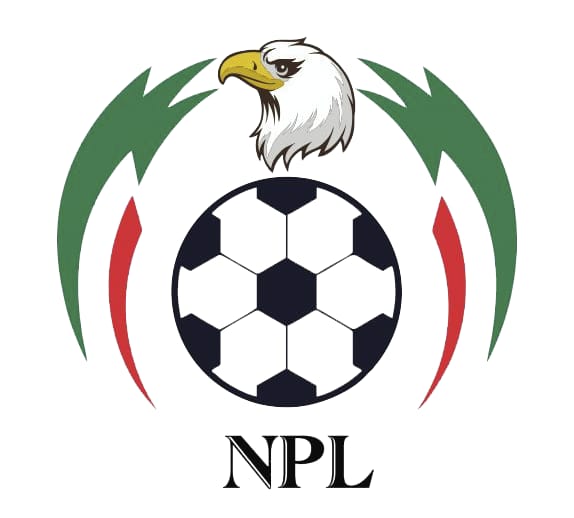
Below are the basic components needed in running a professional league as recommended by the writer includes adequate welfare packages; social and health palliatives-cum-incentives for all registered clubs and players; constant salaries of players and coaching staff by club managements; prompt settlement of sign-on-fees; adequate security in match venues; registration and licensing of football clubs and players; provision of standard lush green pitches; provision of standard accommodation, fitness facilities and modern football technologies; adequate handling of players’ transfers; high quality officiation; and provision of good and adequate infrastructures, pay packages and up-to-date seminars for officials.
Most of the abovementioned if properly orchestrated and embedded in the league, will greatly familiarise the NPFL with the football fans and intending sponsors in Nigeria. While in a long run, it will help liberate the local clubs from the shackles of government’s direct involvement, but this can only be so when we begin to look at the influx of commercialization in the Nigerian football league system.
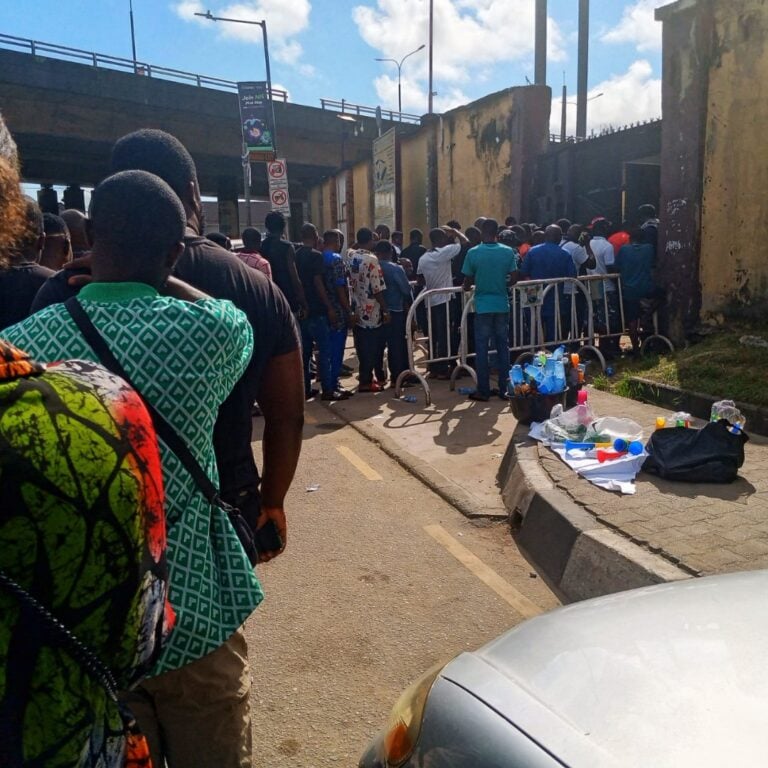
Basically, ensuring that the league is commendable and attractive to fans, with that revenues can be generated through a proper ticketing system to sustain both the league and the clubs. Also, investing heavily on television broadcasting can entice lucrative sponsorship deals from top private individuals and corporate organisations. This, eventually, will go a long way in recouping more funds into the NPFL’s coffers.
The league body in recent months, has huffed and puffed in ensuring that the league is fully televised on screen. Yet, with the numerous broadcast deals with Propel Sports Africa and MTN, and now, with StarTimes, hardly a single matchday of the NPFL have we seen all 10 domestic games live on the official league streaming app, NPFL Live, and on television without technical or production hiccups. This is clearly affecting commercialization and investment and ultimately, will create fan apathy.
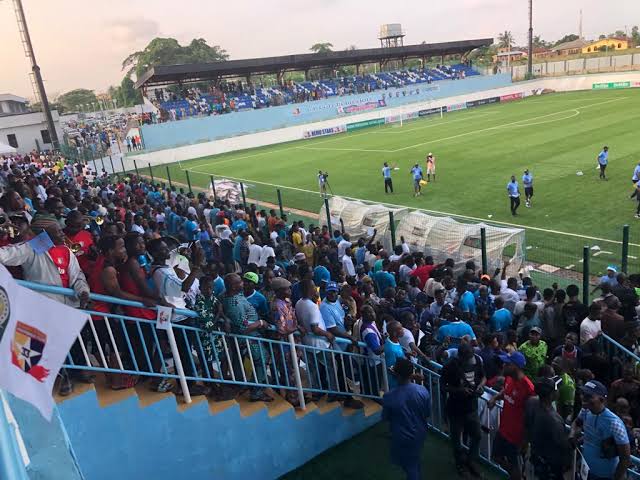
All these and many more is sporadically taking away both the excitement and enthusiasm of Nigerian football fans in following the game and visiting the stadia to cheer their respective teams. How then can clubs optimize profit from the absence of fans at match venues when they are not encouraged to come to the stadiums to watch the game live? Some thing has to be done by the NPFL organizers in regard to the blatant downturn in the value of the league over the years.
Noting that this is a million-dollar question that has remained on the writer’s mind is how football clubs in the NPFL can optimize revenue from ticket sales. An attempt to answer this question may seem as a hard nut to crack without first solving the implicit in how do we make the game of football attractive enough for the fans to watch live matches in the stadiums and on television?
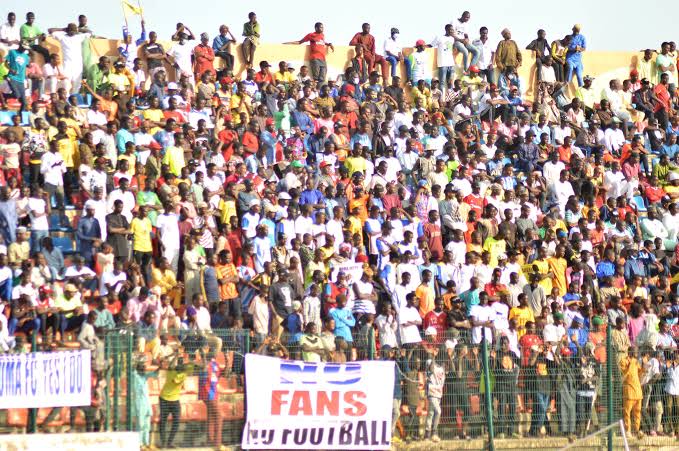
From the foregoing, it can be accurately gleaned that the commercial value of ticket sales is a major boost to the total revenue generated by football clubs of more successful leagues in the world. This is perceived as a complete leverage by federations and associations in other climes where football is viably seen as a business, have over time emphasized on to liberate the game from government’s direct involvement.
Over a year into the inception of LMC, domestic football has gradually returned to life, without a title sponsor for the league; television rights with little impacts, irregularities and disagreements between management and stakeholders, poor pitches and infrastructures, substantial welfarism, poor handling of players’ contracts and transfers, substandard medical services, forcefully issuing sanctions on backlog of salaries amongst others. Sadly, it have not only terminated the excitement but also contributes to the local clubs’ poor showings on the continent.
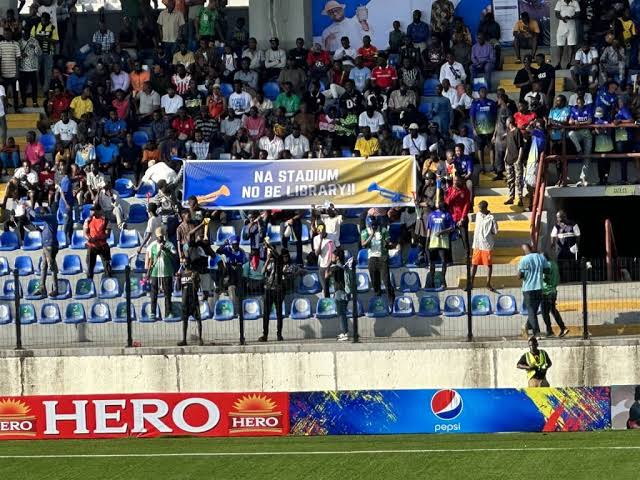
All of these inadequacies remains an albatross to the development of Nigerian football. Out of 20 clubs in the 2023/24 season, 17 of them are state government-owned, while the other three are privately owned. This, shows that, the league is an appendage for the government and their footmen who would continue to use them for their selfish gains.
Club ownership in Nigerian football league system rest solely in the custody of government and are entirely used by these politicians as means to siphon public funds into their private accounts scattered all over the country and in the overseas.
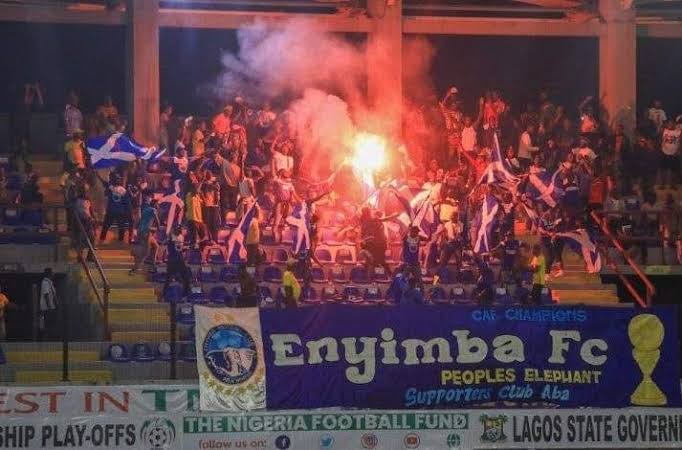
With the hope that the NPFL Board of Elegbeleye-led LMC can compel state government-owned football clubs to enrol in divestment programme as provided by Clause 5 of the NPFL Framework and Rules regarding takeovers and stakeholding by individuals and corporate bodies.
Profitability remains an ulterior motive of commercialization. Private investment is the straw that stirs the drink for a functional league system. A league system where the owners can agree on effective rules and enforce the same. A league system populated by private and corporate owners would drive commercialization and revise the interest of the fans by instilling an appropriate and efficient ticketing culture that would put the fans first.
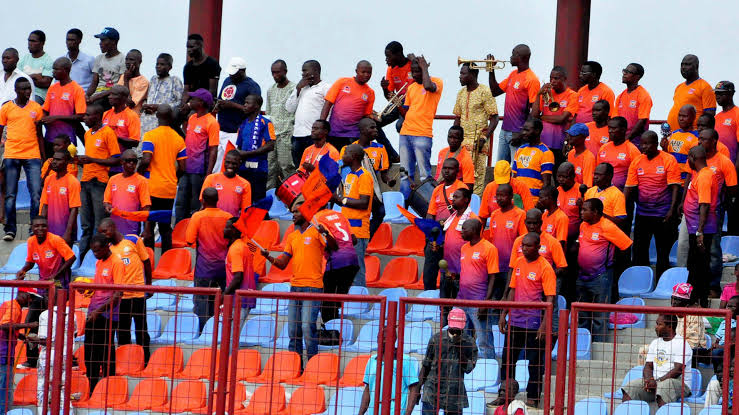
This, however, would increase ticket sales for NPFL clubs on matchdays and ultimately consolidate a solid fan culture that would be characterized by merchandising and fan engagements. Until then, the development of the Nigerian football league would remain an illusion.
The celebration of a goal or a major highlight of the game in many successful leagues around the world, especially, in Europe is often heralded by overly excited fans screaming at the topmost of their voices that would give the erroneous impression to love to be in such an electrifying atmosphere. On the other hand, a peep at the football stadium hosting one of the domestic games in the Nigerian football league shows the exact opposite.
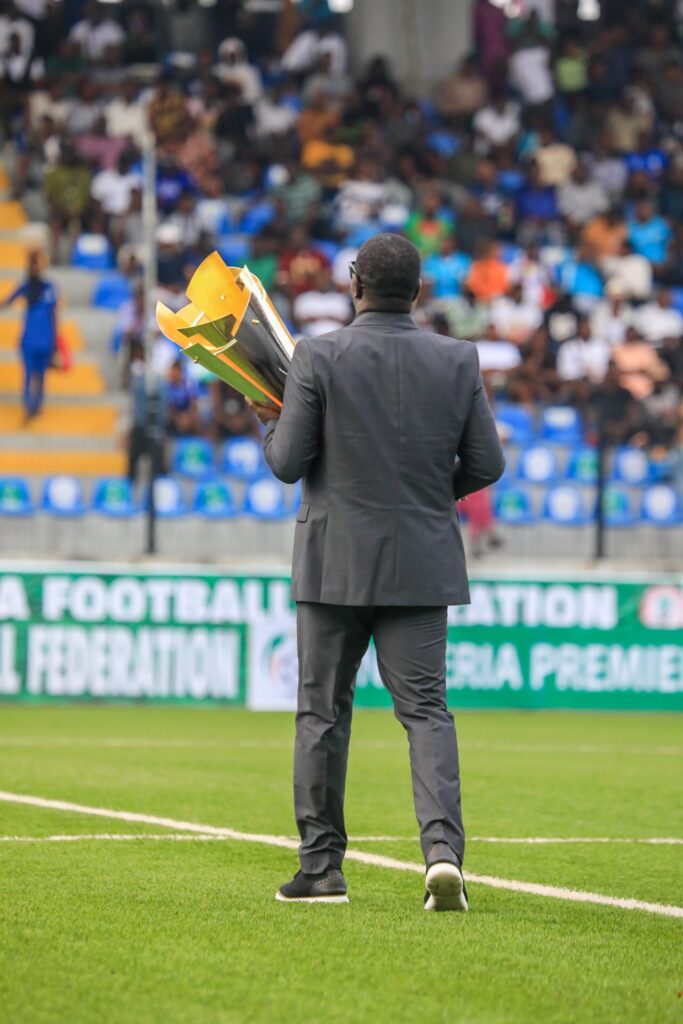
One does not have to be told that many of the teams in the NPFL are ignorant of the commercial benefits of ticketing in football as a primary revenue stream. As commonly seen in the Nigeria football league today, how the gates of the stadia are widely opened with reckless abandonment. Where there is a proper ticketing system in place, it is expected that commercialization sprout the growth of the domestic league and also drive in both local and foreign investments.
In other climes, football in Europe is undeniably the number one sport where football clubs in these leagues attract millions of fans near, far and wide to the match venues week in and week out thereby increasing the revenue stream of those clubs generated from the sale of tickets and merchandise.
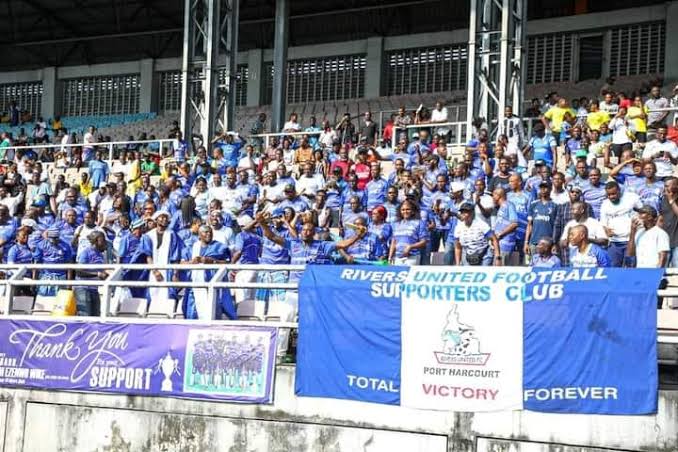
The reverse is, however, the case in Nigeria. The NPFL players, every week, trade tackles in front of near-empty stadia; thereby making it difficult, if not impossible for football clubs to generate substantial revenue from the sale of tickets. A lot needs to be done in providing a working solution to the problem associated with lack of revenue generated from ticket sales in the league.
Hence, to ensure continued growth, the NPFL Board and stakeholders; the club administrators/owners need to take advantage of revenue potentials embedded in football ticket sales. The importance and commercial value of fans’ presence at match venues cannot be underemphasized.
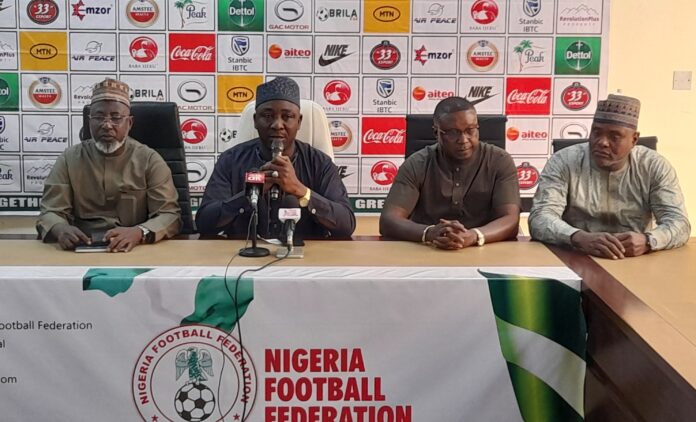
In the ever-evolving world of football, there is one thing that does not change, and that is the fans. There would be no such thing as professional football, without the fans, and making sure they can get their hands on matchday tickets easily and at a reasonable price is an essential part of building a fan base. Moreso, there would have to be a solid football ticketing system in place to ensure that everybody who wants a ticket can get one.
